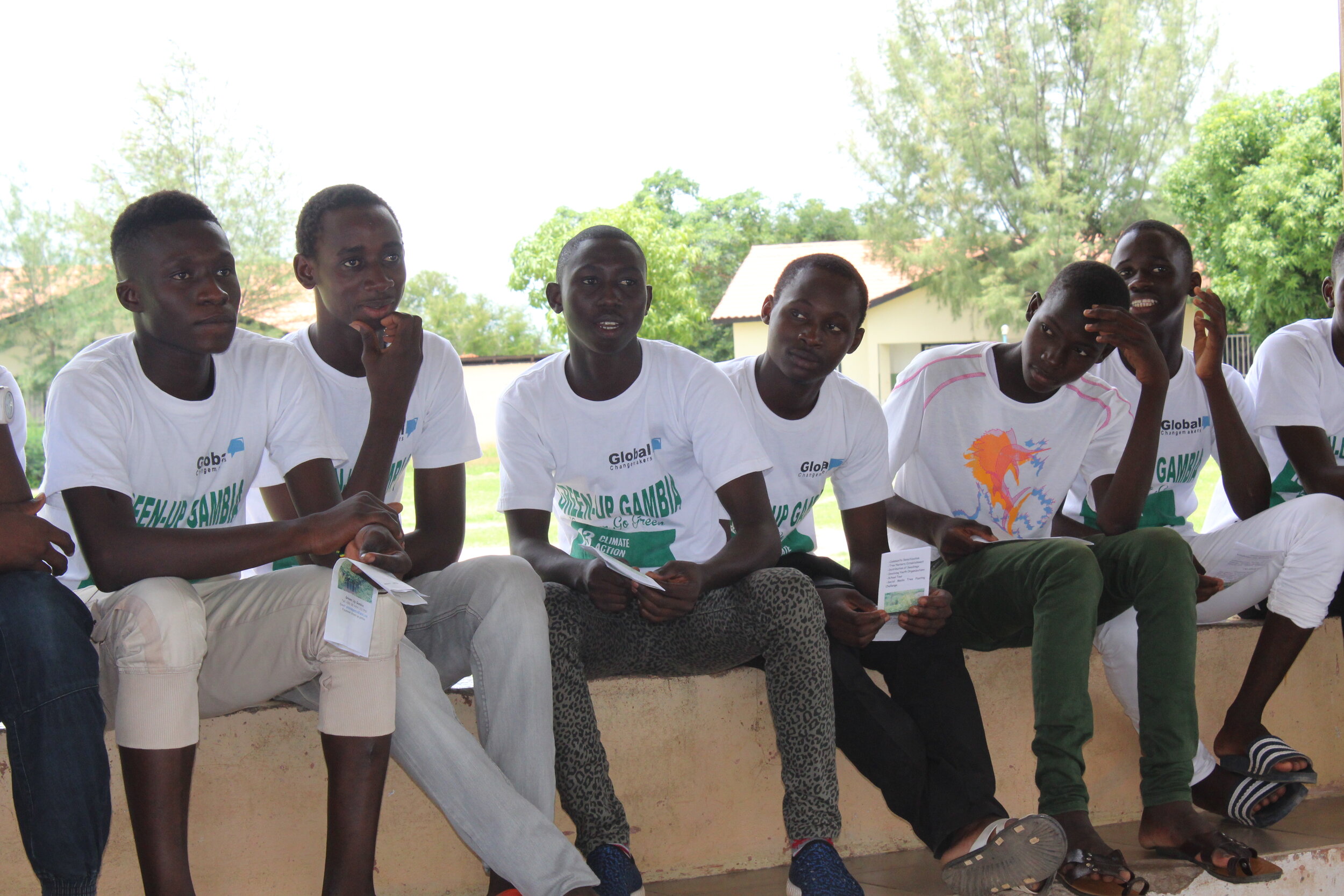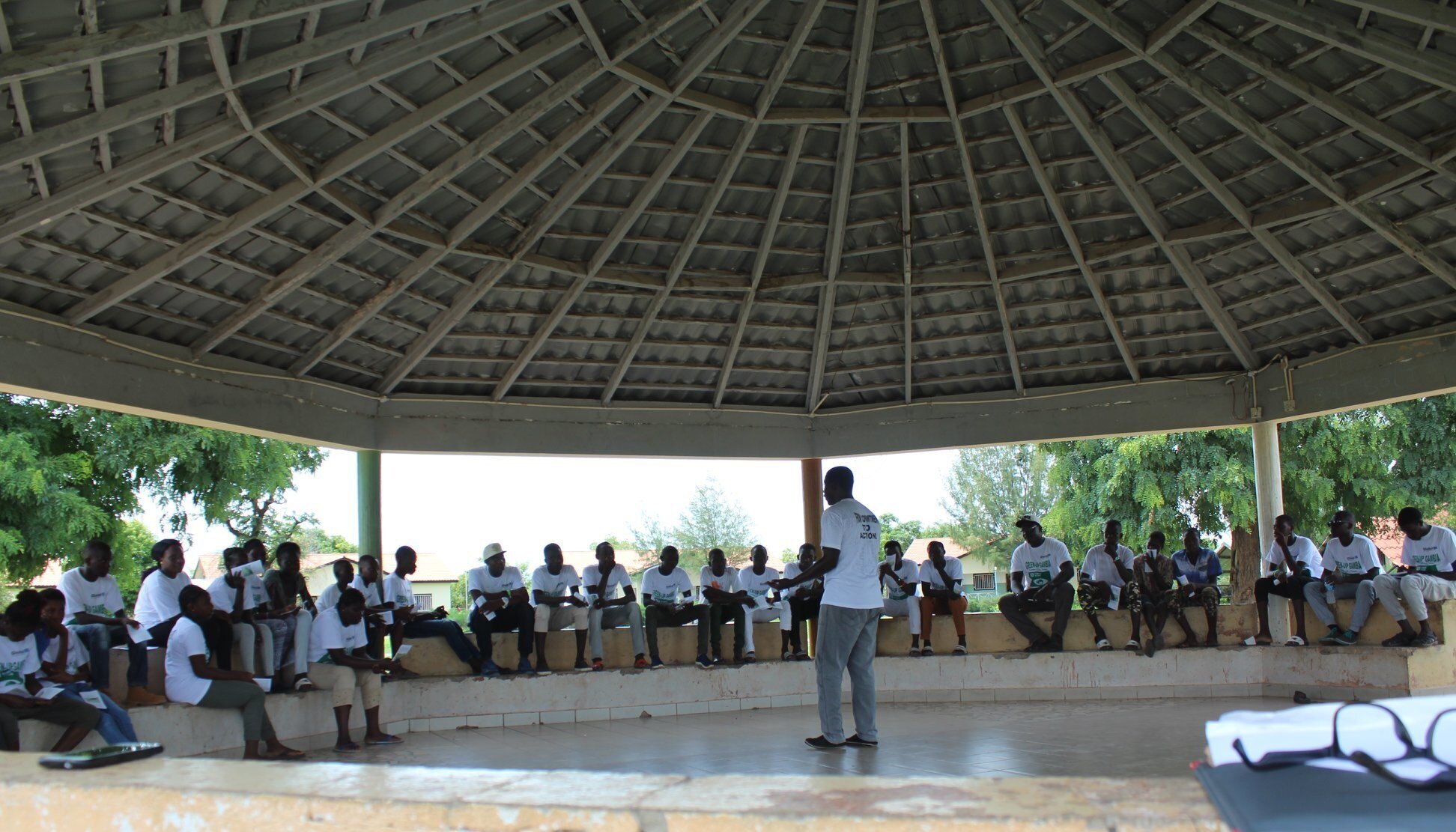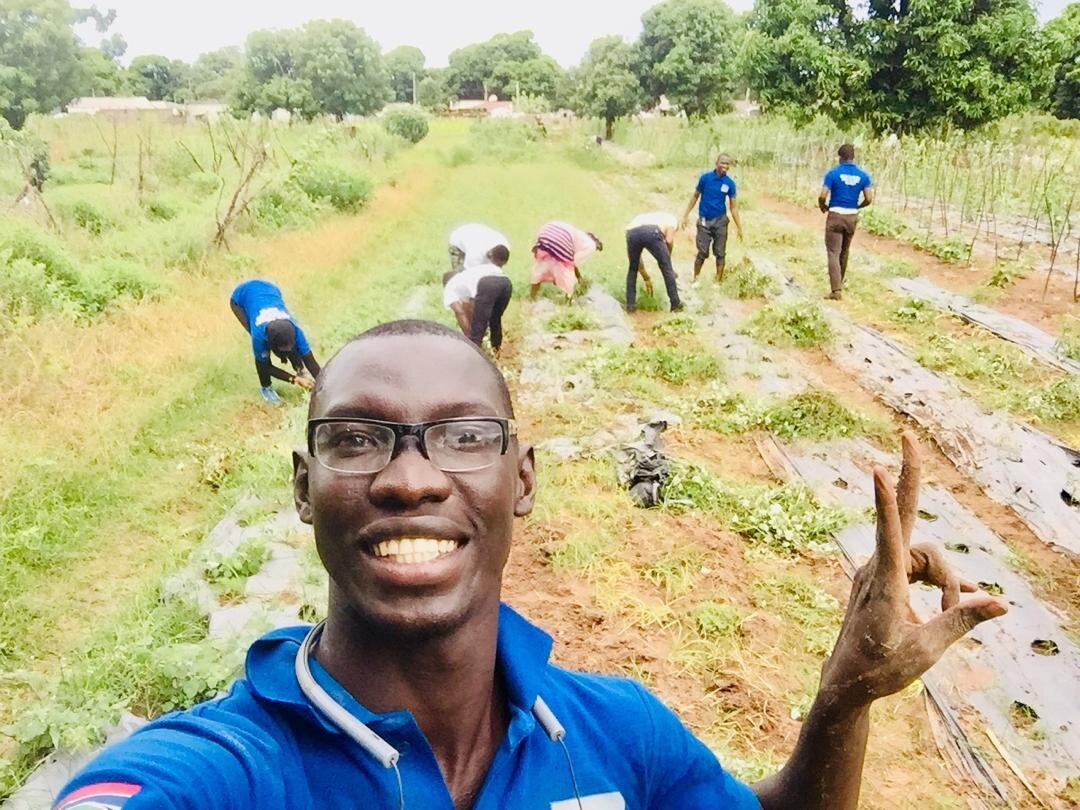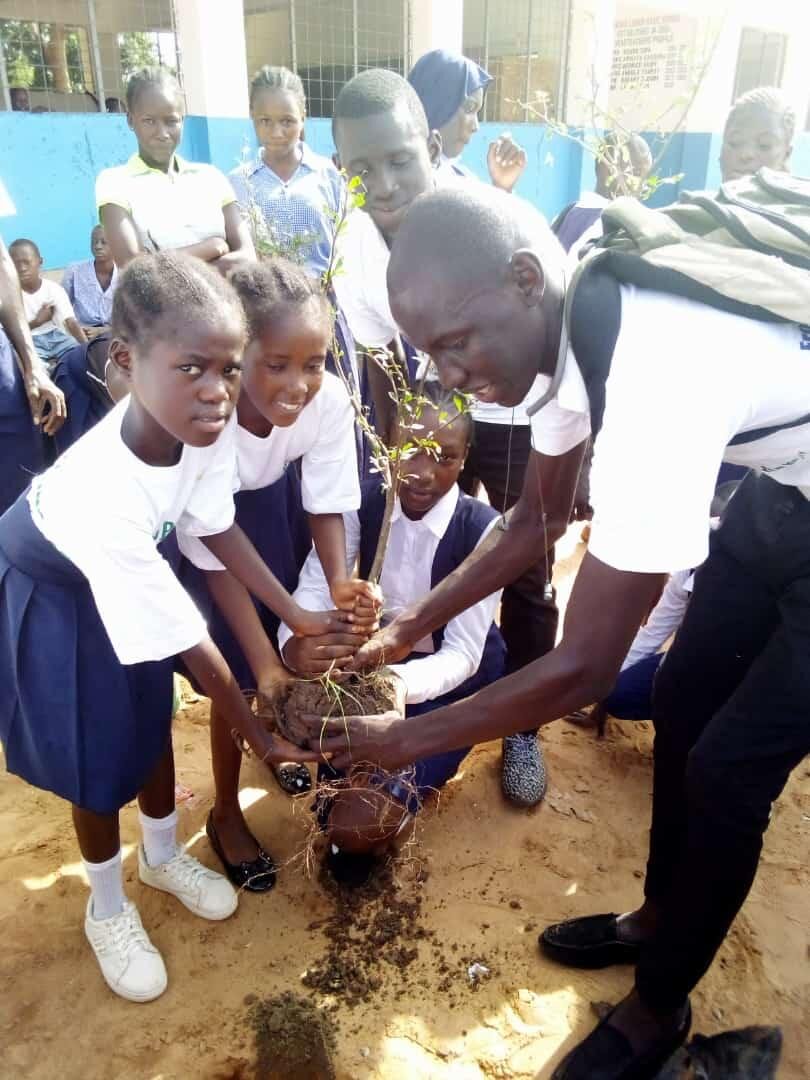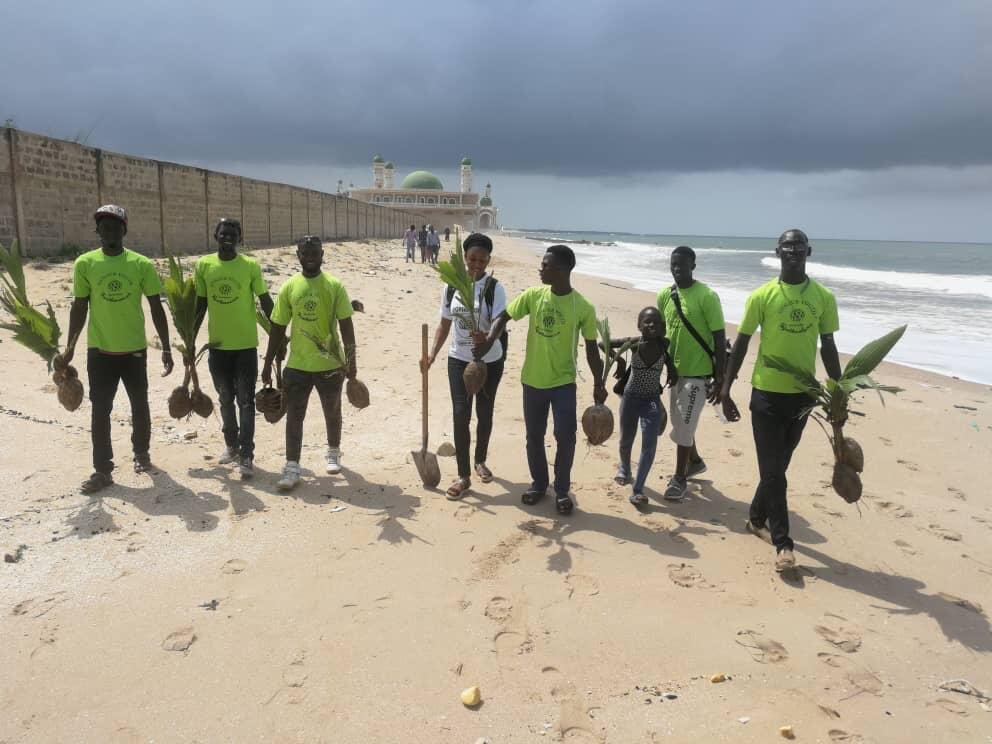Summer-Go-Green
Summer Go Green is a youth-led national tree planting initiative that seeks to actively engage young people in tree planting. The campaign is a flagship program of Green Up Gambia’s one million trees initiative. This summer activity aims to engage young people in making best use of the raining season by stimulating their interest for the environment. The first Summer Go Green tree was planted by the Minister of Environment as part of the commemoration of the World Environment Day 5th June. The challenge lies on young people of the country to concert efforts for an environmentally friendly, ecologically stable, and economically flourishing Gambia for the benefit of the people. This is what The Summer Go Green seeks to address.
How the project started :
As a subsidiary of Green Up 1million, the Summer Go Green campaign proposes to plant more trees and sensitize communities. It is believed that by the end of the initiative, the campaign would develop the capacities of those communities. It will sensitize young people passionately about environmental conservation and tree planting as well as establish tree nurseries in various parts of the country, that will enable the public to acquire seedlings for fruits, amenity and agro‐forestry these seedlings.
The objectives of the project are to teach pupils about deforestation and desertification, and restore degraded lands though the replanting of land that has been abandoned due to declining fertility. This will be done through awareness raising in schools and teaching agroforestry practices to pupils and among farmers (mostly women) in local communities. The main benefits of agroforestry are reversing land degradation, protecting biodiversity, climate change adaptation and mitigation (through carbon sequestration) and raising incomes for farmers due to limiting agricultural risks related to monoculture. These benefits are known internationally, but not on a local level among Gambian farmers.
Land will be reforested in such a way as that it becomes available for agroforestry in the near future, thus improving livelihoods and promoting green jobs in sustainable agriculture. We have experience in identifying and obtaining access to such lands though previous activities. Green-Up Gambia will continue reaching out to local communities through contacts with Village Development Committees and meetings with local farmers they facilitate. Women are foreseen to be the main stakeholders engaged with as they are dominant in the agricultural sector. Local communities will identify land that is left fallow and can be reforested without conflicting with agricultural land use.
Green-Up Gambia has extensive experience with engaging schools and local rural communities to reverse local land degradation through reforestation projects. Local stakeholders are ready to engage with us, and are even impatient for us to start activities similar to this project. Our main bottleneck for starting these activities is obtaining financial support. If this application is successful, the grant would enable us to significantly scale up our activities and allow for the establishment of a seedling propagation center. This would cut costs significantly for any reforestation projects throughout The Gambia and nearby areas in Senegal. In addition, it will also be a sustainable source of seedlings and employment for local communities well beyond the time horizon of this project.
Current Status :
This project has been address the following:
Support the implementation of policies relating to the sustainable management of natural resources and ecosystems and sustainable consumption and production, thereby enabling the transition to a green economy. This is done through the promotion of good agricultural practices and creating awareness in schools and local communities on how to implement them.
Promote the participation of girls/women and youth in the green economy, in particular in eco restoration and as agents of environmental protection. The focus of the project is on educating children and providing clear and visible examples of how tree planting can help solve some of the key problems faced by agricultural communities throughout The Gambia: land degradation, loss of forest cover and biodiversity loss. Women will be key in this regard, as they are the dominant agricultural workforce in The Gambia.
Support exchanges of information and expertise to promote mutual learning and networks to increase understanding of climate change, environmental sustainability and the green economy. Green-Up Gambia will use and expand their existing networks to ensure that international expertise can feed into the project throughout its cycle, and to promote the spreading of the impacts of this project and its best practices throughout the African continent putting particular focus on sub-Sahara.
Recommended actions: scaling up!
Reforestation activities by Green-Up Gambia have always been in conjunction with awareness creation and in close cooperation with local youth. We have established green clubs in four schools (SOS Children’s Village Senior, Kotu Senior, Kerewan Upper Basic and Medina Menneh Basic Cycle). These green clubs promote environmental activities and protection – for students and by students. Tree planting exercises and educational activities have been held at 14 schools, included the four aforementioned ones. Awareness has been spread through presentations in communities on plastic pollution and the benefits of agroforestry, also through two school tours (each to 10 schools), with presentations on climate change, local impacts and solutions coupled with small-scale tree planting exercises.




